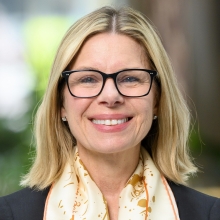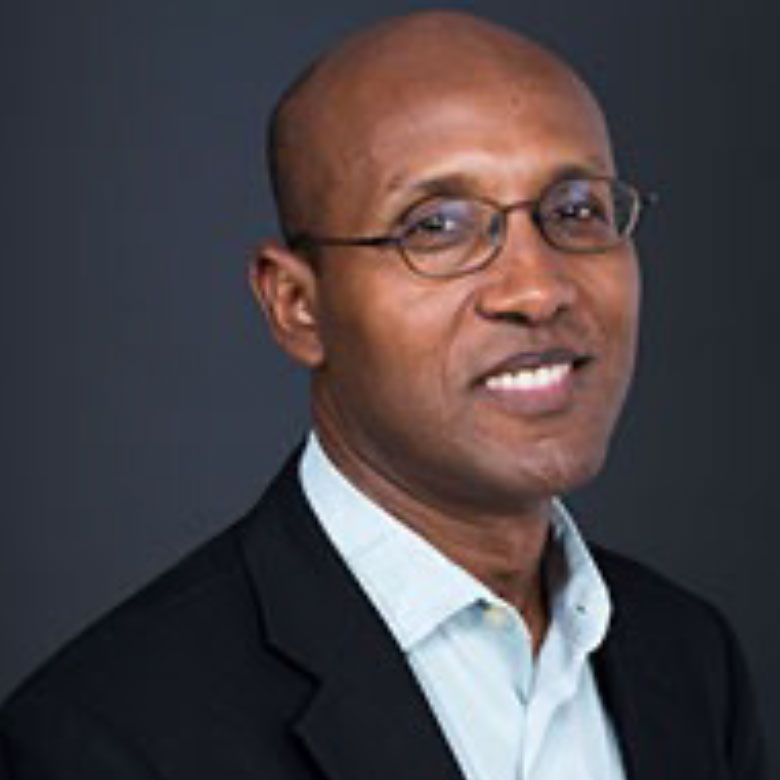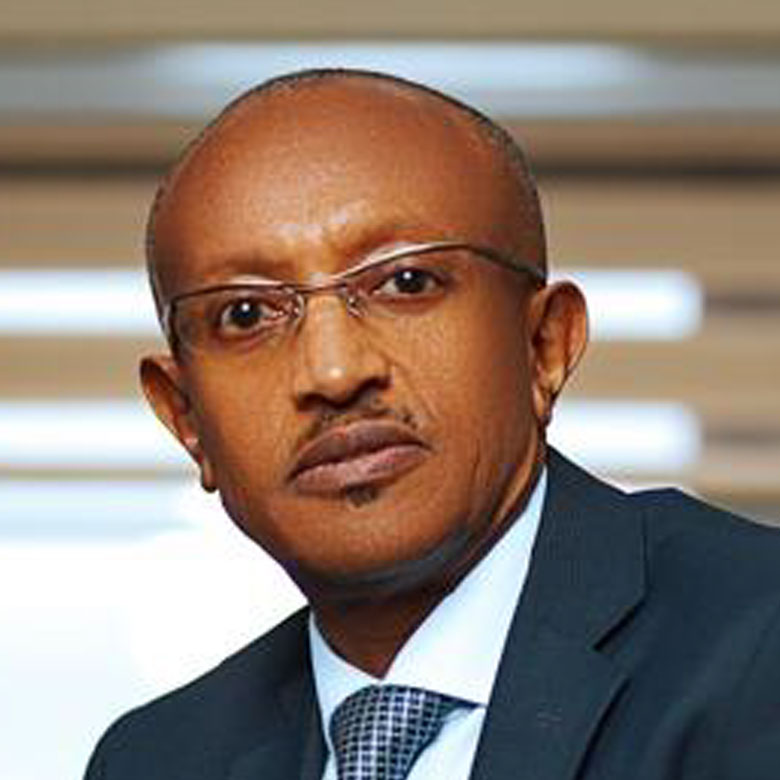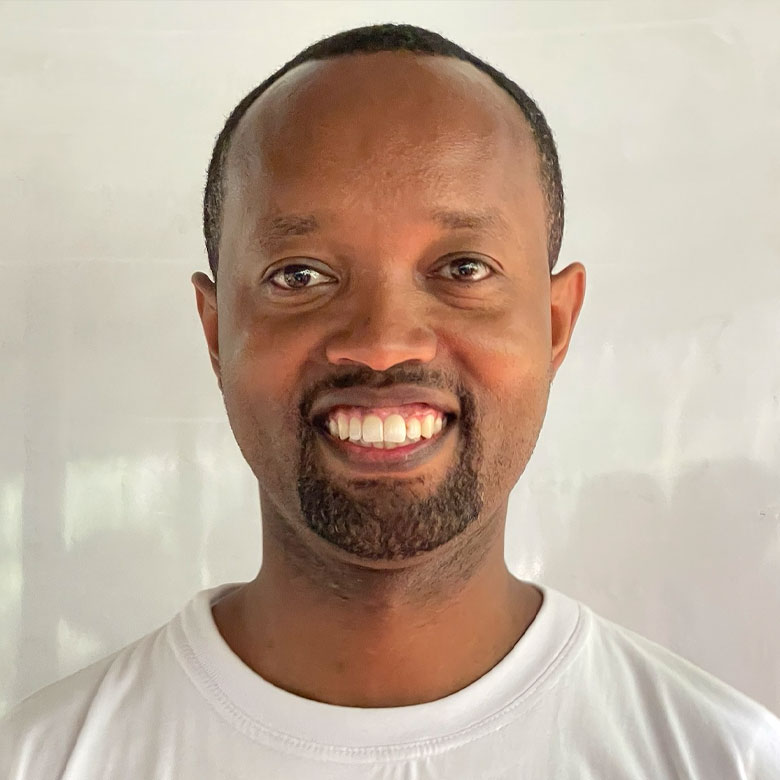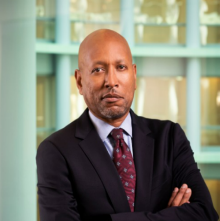- À propos
- Conférenciers
Chaque année, 11 millions de jeunes Africains cherchent un emploi, mais seulement 3 millions de postes rémunérés sont créés. Cet événement, basé sur le rapport Africa’s Pulse d’octobre 2025, abordera les moyens de créer des emplois de qualité à grande échelle, en s’appuyant sur les secteurs porteurs et les leviers qui soutiennent la croissance économique et l’emploi, avec un accent particulier sur l’énergie.
L’énergie est le moteur de la création d’emplois : elle alimente les entreprises, stimule la productivité et favorise le développement du capital humain. L’accès à une énergie abordable et fiable, tel que prévu dans le programme ambitieux Mission 300, peut ouvrir de nouvelles opportunités pour les entreprises, accroître la productivité dans tous les secteurs et étendre les emplois décents jusque dans les zones rurales les plus isolées.
* Image: Westfalia Fruit Processing Factory (Mozambique). More than 50 employees are in this room, most of them women. Photo Credit: Emídio Jozine/ IFC

